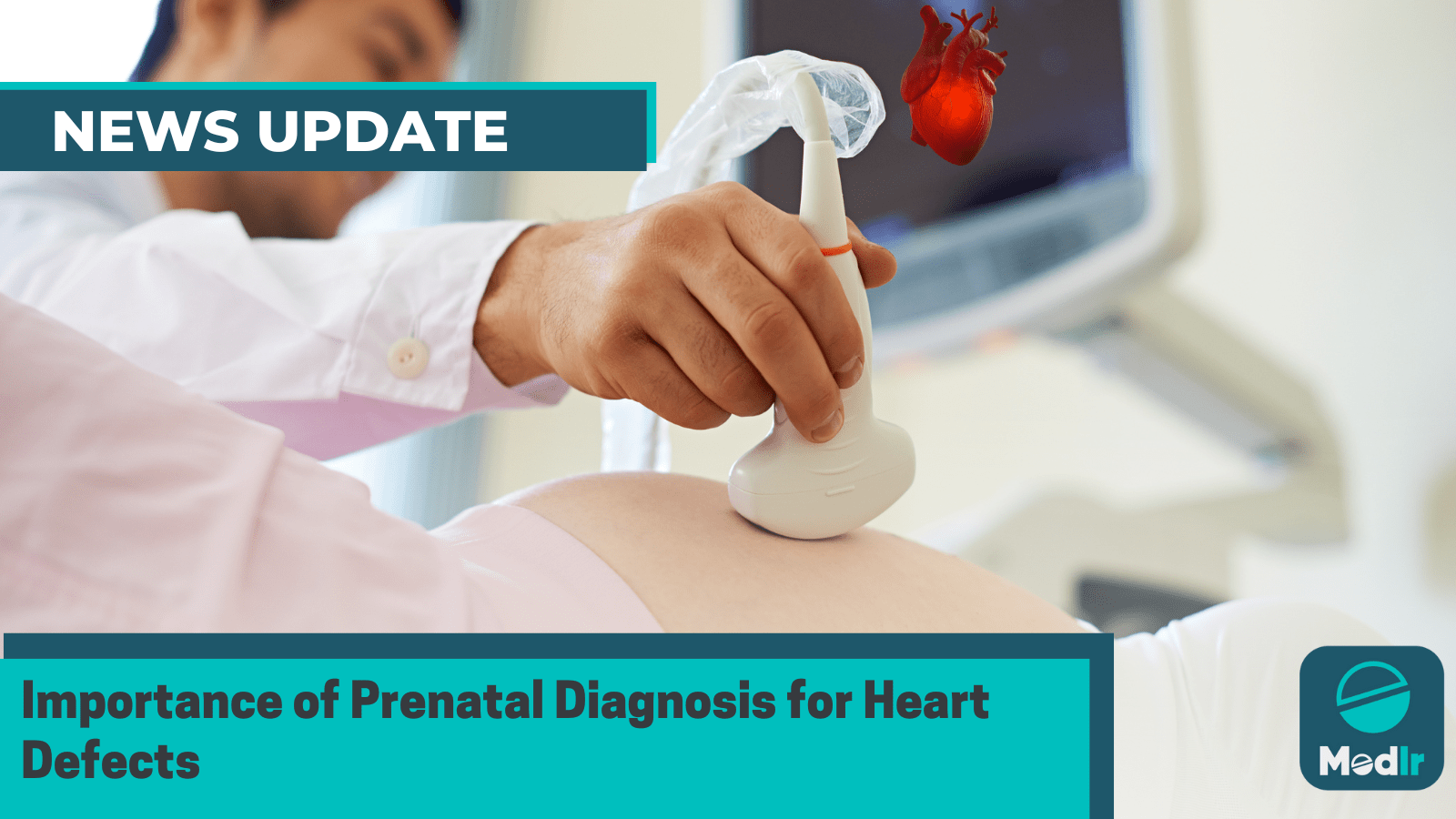Importance of Prenatal Diagnosis for Heart Defects
Written by Arushi Sharma, Shaveta Arora
Discover the impact of prenatal diagnosis on babies with congenital heart defects.

Researchers at Ann & Robert H. Lurie Children's Hospital of Chicago found a link between prenatal diagnosis and earlier surgery for babies with congenital heart defects, the most prevalent birth defect affecting nearly 1% of live births. This connection was observed for critical defects, which require heart surgery before the infant is discharged, and specific noncritical defects, accounting for 75% of all congenital heart defects.
Researchers at Lurie Children's discovered that infants diagnosed prenatally with critical heart disease underwent surgery about a week earlier than those diagnosed after birth, highlighting the benefits of earlier heart surgery on a child's development.
For babies with prenatally diagnosed noncritical cardiac defects, surgery took place anywhere from two to 12 months earlier. The findings were reported in the journal "Circulation: Cardiovascular Quality and Outcomes."
What is the Importance of Prenatal Diagnosis for Infants with Congenital Heart Disease?
A study of 1,131 patients aged 0-9 years with congenital heart defects underwent cardiac surgery at Lurie Children's, with nearly half receiving prenatal diagnosis.
Upon considering demographics, comorbidities, and the complexity of surgeries, infants diagnosed prenatally with critical and noncritical congenital heart disease underwent surgery at a significantly younger age compared to those diagnosed postnatally.
Infants with atrial septal defects underwent surgery a week earlier, impacting brain and organ development, especially for critical diseases, which can be life-threatening.
The study emphasizes that optimal child care starts with prenatal diagnosis. Further investigation is needed to overcome obstacles like limited healthcare access, childcare shortages, and work-related work restrictions. Understanding these factors is crucial for providing top-tier care for babies with cardiac defects and their families.